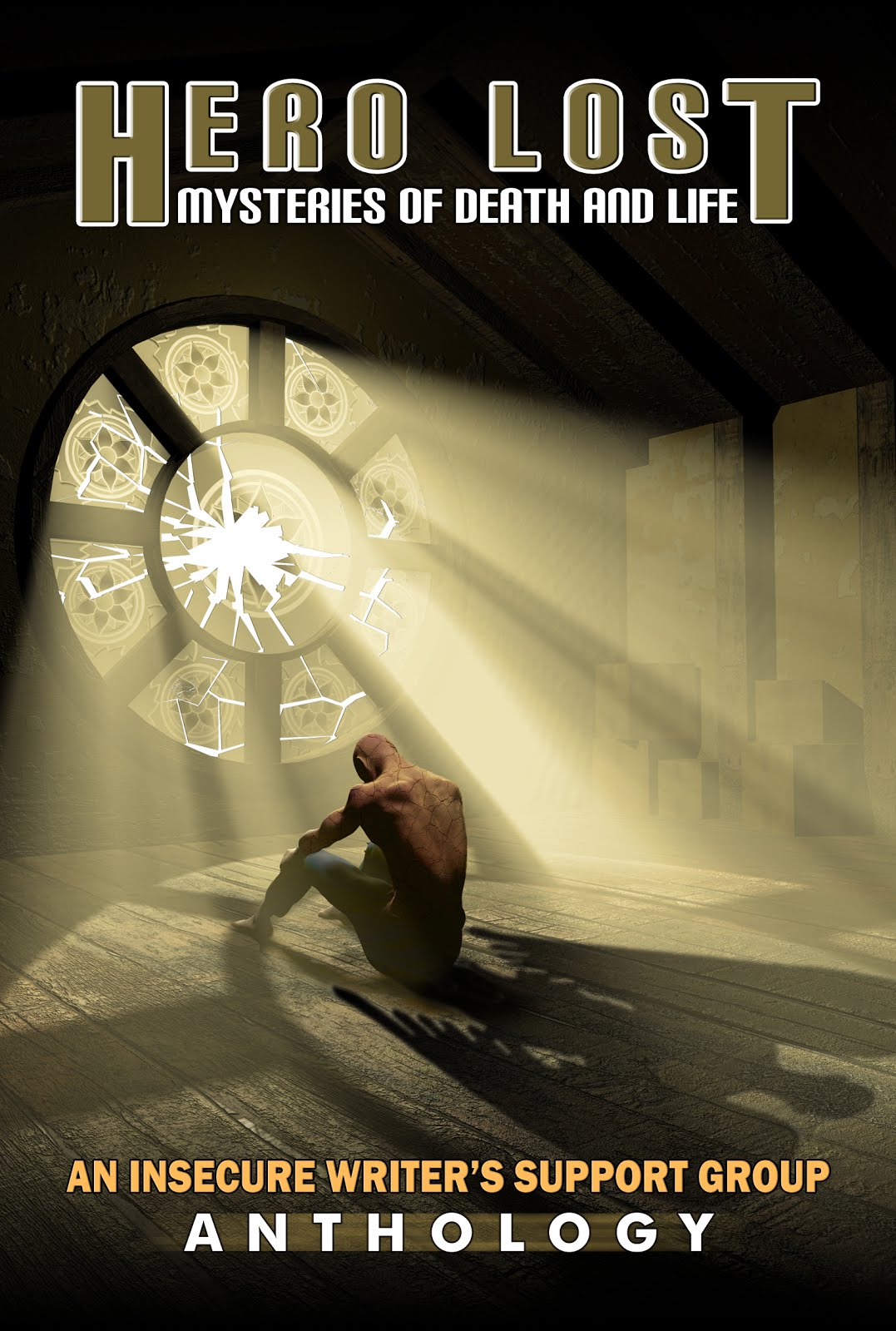I’ll just come out and admit it: I can’t write
short stories. It’s not for lack of trying. I’ve tried to write several
short stories, when I was younger and in college. But they always fall into two
categories, the first being absolute crap. These stories usually are choppy,
uninspired piles of nothing that I probably will never return to. The second
category, however, is the exact opposite.
I’m cursed. Whenever I write a short story that I actually
like, for whatever reason, it just doesn’t work in such a short format. It needs
to be a novel.
The first time didn’t seem like too much of a big
deal. I was fourteen at the time, and had just written a little snippet of a
scene, where a girl is dreading the end of the school day because she has to
meet up with a boy whom she despises. It was only natural to start wondering
who these characters were and why they were in this situation. So I started backtracking
and crafting different plot ideas in my mind. Eventually, I had a novel.
The second time happened just a few months later.
I’ve mentioned the manifesto of my teenage years as being a fantasy novel
called Bleeding Life. Well, that, too,
started as a short story, about a girl who falls for a mysterious young man who
just so happens to be immortal (I came up with this long before Twilight came out, thank you very much).
The short story ended with the girl being turned into the same breed of
immortal being, but it seemed unfinished. What would happen to these characters
now? This couldn’t possibly be the end of their story. There was so much, an
entire world, in fact, to explore. The rest was history. I was cursed for a
second time.
The third time, of course, happened almost a year
ago, and unlike the first two times, I knew something was up from the very
beginning. Although I had committed to writing a short story, there was just too
much happening and I couldn’t contain it. While I was writing the first draft, I
wondered if I should aim for a novella instead. But I kept going, finally
curbing it at nineteen single spaced pages. It was long, to say the least. I knew
I’d have a problem submitting it for my fiction class, so I spent one long, agonizing
day trimming down the story so that it wouldn’t exhaust my classmates.
Despite its length, things within the story still
happened too quickly. People who read it wondered why the characters would
behave in certain ways, or give up information about themselves so quickly. I
realized what was about a page and a half of sexual tension needed to be
several chapters long in order for it to make sense. So here I was again, only
this time the decision was not so easy. I was so worried that by turning this
story into a novel, it would become watered down, not as strong as it was in
its current form.
But eventually I conceded with my better judgment
and took the leap. I’m still working on it, obviously, but I’m more committed
to it than any other piece of writing that I’ve done before. And this time is
even more different, because rather than expanding on a short piece to find out
what happens before or after, I’m taking a completed piece and stretching it
out to fit the novel format. It seems more like adapting a previous work into
something different. I certainly would never give this up, but I just have to
accept the fact that yes, I am cursed. And I may never write a proper short
story.






